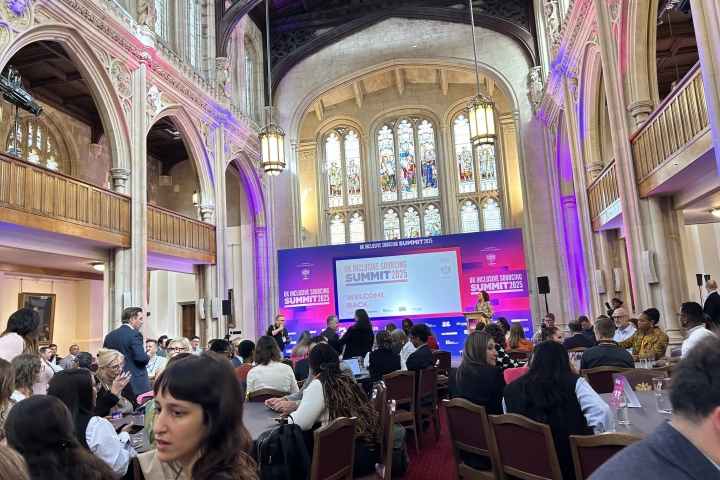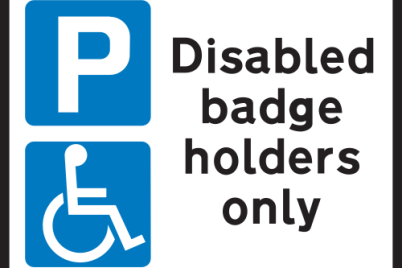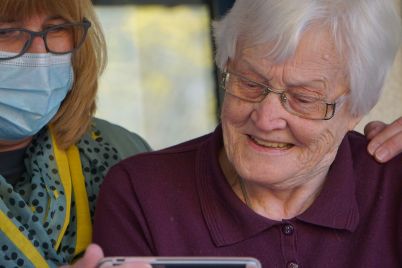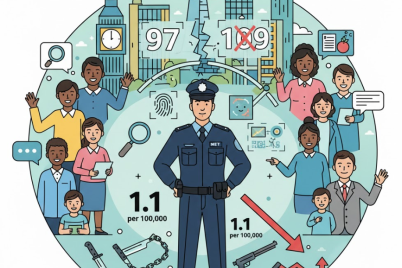Last week saw the return of the UK Inclusive Sourcing Summit in Central London, where different businesses came together to explore how partnerships and procurement can dismantle barriers in the cultural and equality-landscape of the workplace.
The Thames Gazette attended on Thursday 11th September, finding it to be a very insightful, informative event, with many inspiring individuals involved.
From discussions, success stories, roundtable conversations (for effective problem-solving), panel discussions and a lot of networking, the event successfully brought professionals together, highlighting challenges and solutions that can be found within the sector.
Jenny Garrett OBE, CEO of Jenny Garrett Global delivered the opening remarks of the event, communicating her excitement to the fact that, for the first time, five of the most influential advocacy groups were involved – speaking together to transform the climate of procurement.
MSDUK, OutBritain, Social Enterprise UK, Veteran Owned UK and WEConnect International made up this panel – coming together to create genuine opportunities for businesses, SMEs, individuals, etc – and showed that partnerships can form unities that can challenge dividing systems in the corporate world.
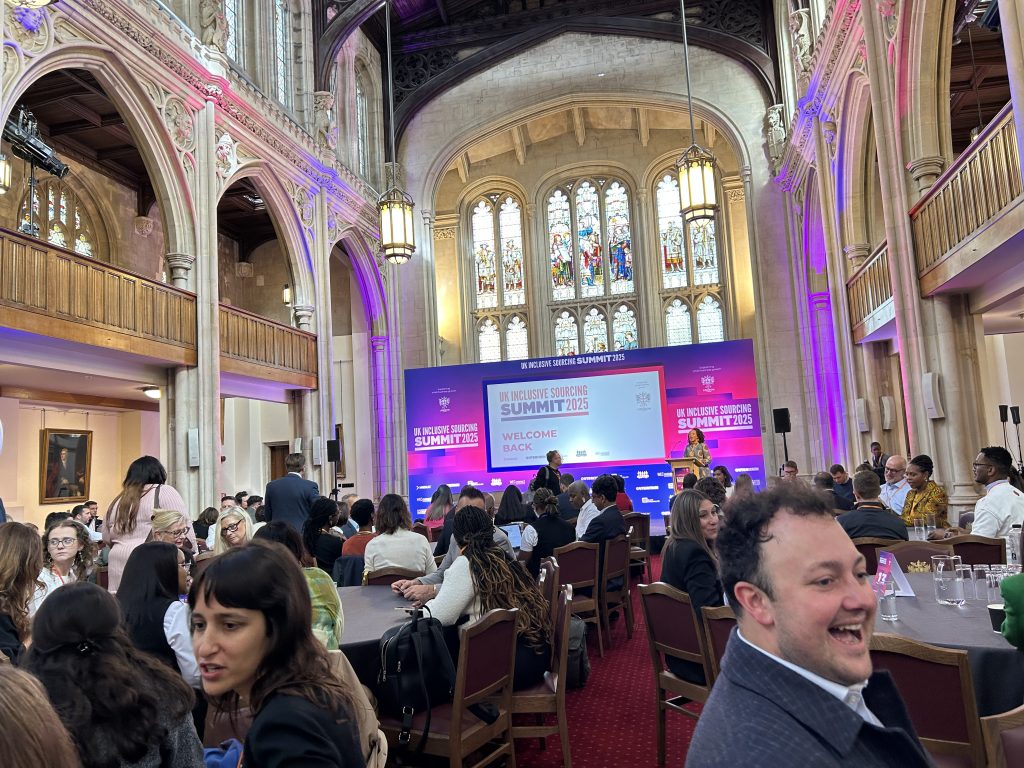
Within the numerous, insightful discussions at the summit, the ‘Where UK Policy Meets Profit’ talk provided a strong foundation for why big businesses should risk innovation in, and partnering with SMEs in the current business landscape.
It was highlighted that the Procurement Act (2023) came into force in the UK on 24th February 2025 and has since become a force in the UK which aims to simplify the procurement process for the public sector.
This space brings in £2.4 million into the economy – significantly expanding the national economy – so in the Act allowing SMEs, corporates, government bodies, etc to evolve together in this professional landscape, it will connect and engage SMEs and larger enterprises, which can add both value to, and positively drive a brand into the future.
Ted Archer, Managing Director, Global Head and Business Partner Diversity at JPMorgan Chase & Co, was a member of the panel and discussed the importance of taking on, and investing in small businesses. He expressed that these are usually the ones who have the greatest ability to scale up, whilst also having a strong level of personability, but also raised concerns of the multitude of problems that they are facing.
Small businesses are struggling with money.
As a result of late payments, £11 billion is lost every year in this department, affecting 40,000 businesses in the UK, who waste on average 86 hours overall chasing missed invoices.
UK procurement is a solution to this, being an investment opportunity that will allow businesses to not only better understand their customer needs and have the capacity and tools to limit wasting time, but also deliver diverse and innovative small businesses with huge potential for profit projection growth, and becoming part of a huge community and prospering network.
“Now is the time to seize the moment. We need to look at what we can do today to make sure that the promised future is ready for procurement!”
Further on in the day, the ‘Advocacy Group Supplier Panel’ continued this conversation, with members addressing how it is clear that opportunities in business are commonly given to a limited few key players, when instead they argued that businesses should have the courage to go against the grain, and give a chance to SMEs. Although these enterprises may not have the same case studies and data set as big corporates, they definitely do have the skills to compete in terms of services.
This event not only aimed to promote inclusivity for SMEs in the corporate world, however, it also delved into tackling diversity boundaries in the workplace.
‘Intersectionality in Inclusive Procurement: Beyond Single-Identity Approaches’ was a highlight for Thames Gazette, where a panel of individuals facing different intersectional challenges – such as being gender, race, sexuality and disability – spoke out about the importance of learning about these differences in the workplace.
If a business takes the time to consider the struggles that employee diversity aspects can face, they will be far more prepared to provide effective solutions to install complete equality in their space.
Being more innovative about cross-cultural intersections can manifest into three key stages: education/awareness, collaboration and engagement, and this will enable a company to delve deeper into their workers’ norms and needs to navigate challenges, and resolve them in the best way possible.
Georgina Wilson, CEO at BUD leaders spoke out during this, saying: “It is so important to work with companies that understand and appreciate differences to make sure no stone is left unturned.”
The message was clear at the end of this discussion – if leaders proactively go beyond individuality, they can unlock more.
Businesses just need to ask themselves: What is our why? What is our purpose? How can we integrate all of this?
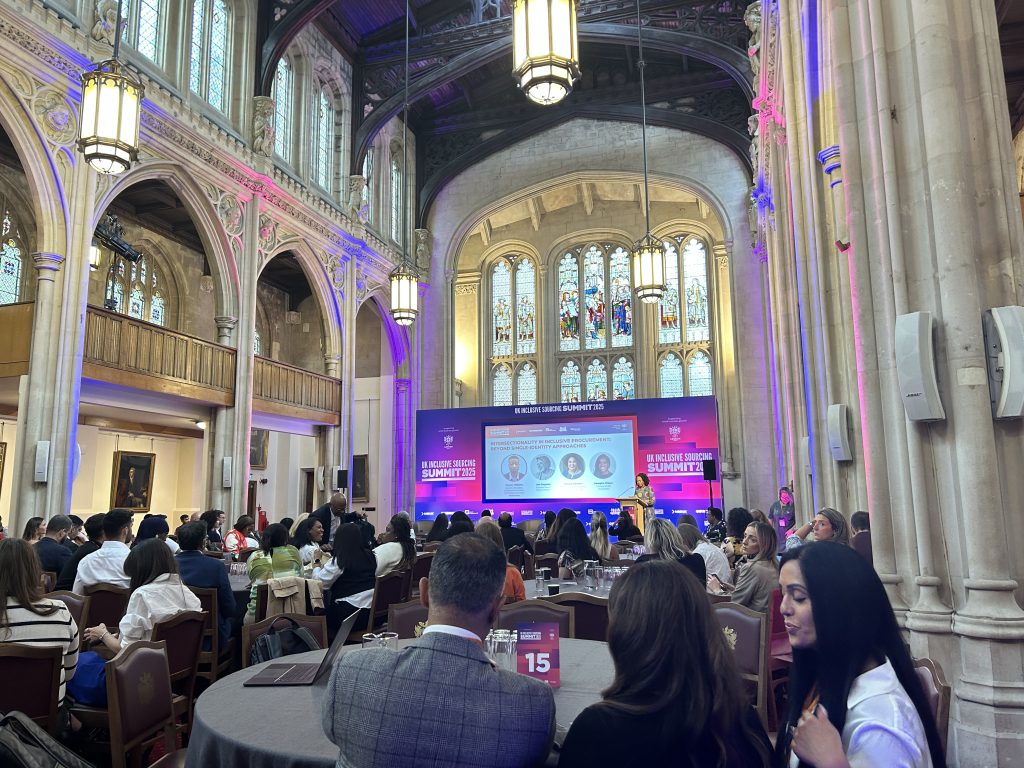
QCast was also available around the venue on the day – where those in attendance had the opportunity to share their voices and be heard in an inclusive space. Whether people were offering advice, voicing their concerns, or just having a chat – there were many details incorporated to make this an unforgettable celebration of business and inclusivity.



